 Nobel Prize in Chemistry awarded for click chemistry, which links molecules quickly
Nobel Prize in Chemistry awarded for click chemistry, which links molecules quickly
The Royal Swedish Academy of Sciences has awarded the 2022 Nobel Prize in Chemistry to three scientists for the development of click chemistry and bioorthogonal chemistry. Read More
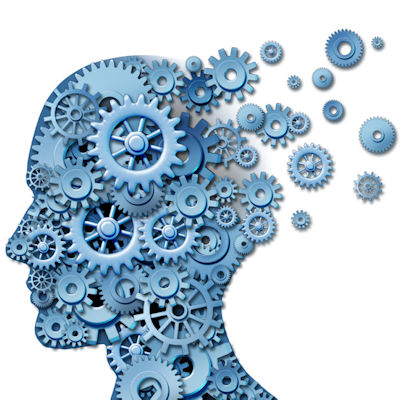 Brain tissue mechanism may explain why women are more susceptible to Alzheimer's
Brain tissue mechanism may explain why women are more susceptible to Alzheimer's
Case Western Reserve University researchers have identified a mechanism in brain tissue that may explain why women are twice as vulnerable to Alzheimer’s disease as men. Read More
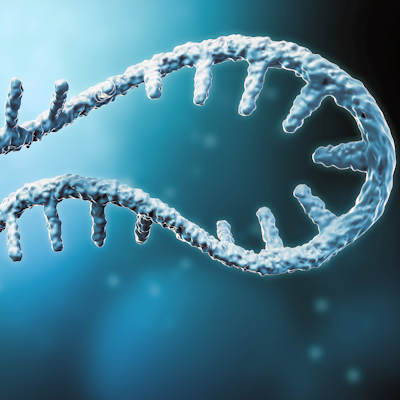 Research on telomerase RNA biogenesis offers antiaging potential
Research on telomerase RNA biogenesis offers antiaging potential
Researchers from Arizona State University and the Biodesign Institute have discovered a new pathway for producing telomerase RNA from a protein-coding messenger RNA. Read More
 NIH awards $285M for innovative biomedical research projects
NIH awards $285M for innovative biomedical research projects
The National Institutes of Health’s High-Risk, High-Reward Research program, part of its Director’s Awards, has awarded approximately $285 million in new research grants to support visionary and broadly impactful behavioral and biomedical research projects. Read More
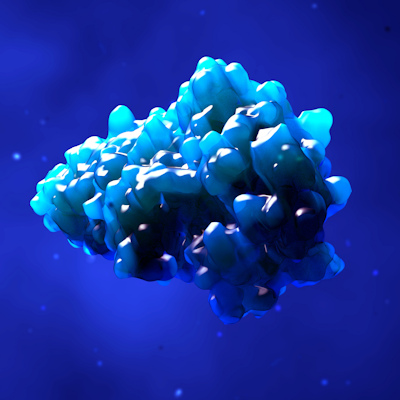 New crystallization method makes unstable proteins crystal clear
New crystallization method makes unstable proteins crystal clear
Researchers at the Tokyo Institute of Technology have developed a new cell-free protein crystallization method that enables improved analysis of unstable proteins. Read More
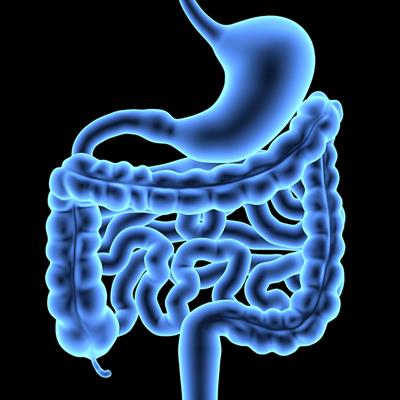 Researchers find reactive oxygen species key to inflammation prevention; implications for IBD
Researchers find reactive oxygen species key to inflammation prevention; implications for IBD
Mount Sinai researchers have demonstrated the importance of reactive oxygen species in maintaining stem cell function and preventing inflammation during wound repair, providing greater insights into inflammatory bowel disease (IBD). Read More
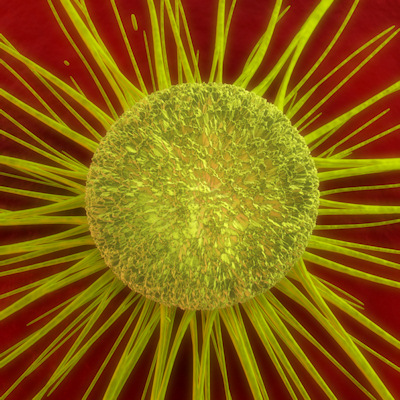 New cell metastasis research could lead to better treatments
New cell metastasis research could lead to better treatments
Cambridge University scientists have discovered that cancer cells hijack a process used by healthy cells to spread around the body, changing current thinking about cancer metastasis. Read More
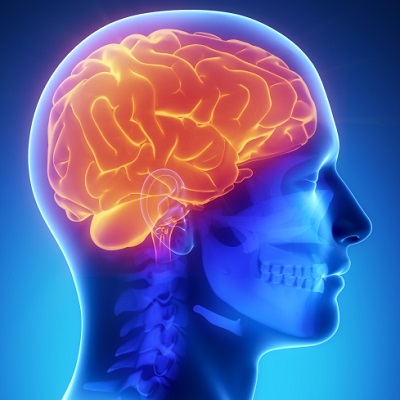 Researchers create “brainier” brain organoids
Researchers create “brainier” brain organoids
Researchers at the University of California, Los Angeles have discovered that early-stage stem cells are key to creating high-quality brain organoids -- miniature brainlike structures used in the laboratory to model a variety of diseases. Read More
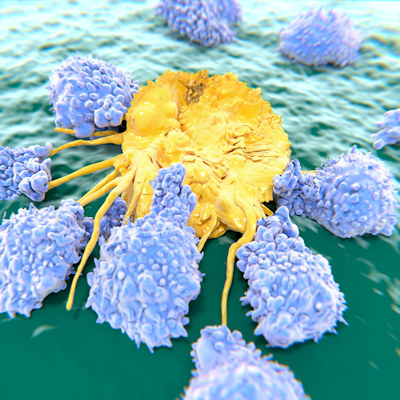 Next-gen natural killer cell enhances antitumor activity
Next-gen natural killer cell enhances antitumor activity
A next-generation natural killer (NK) cell improves tumor specificity and enhances antitumor activity by overcoming a process that contributes to NK cell dysfunction and tumor relapse, a new preclinical study finds. Read More
 A monkey virus could transfer to humans, study finds
A monkey virus could transfer to humans, study finds
University of Colorado Boulder researchers are urging vigilance around an obscure family of viruses known to cause fatal Ebola-like symptoms in some monkeys. They said the virus is “poised for spillover” to humans, although that hasn’t happened yet. Read More
Member Rewards
Earn points for contributing to market research. Redeem your points for merchandise, travel, or even to help your favorite charity.
Research Topics
Interact with an engaged, global community of your peers who come together to discuss their work and opportunities.
Connect
Tweets by @ScienceBoard



